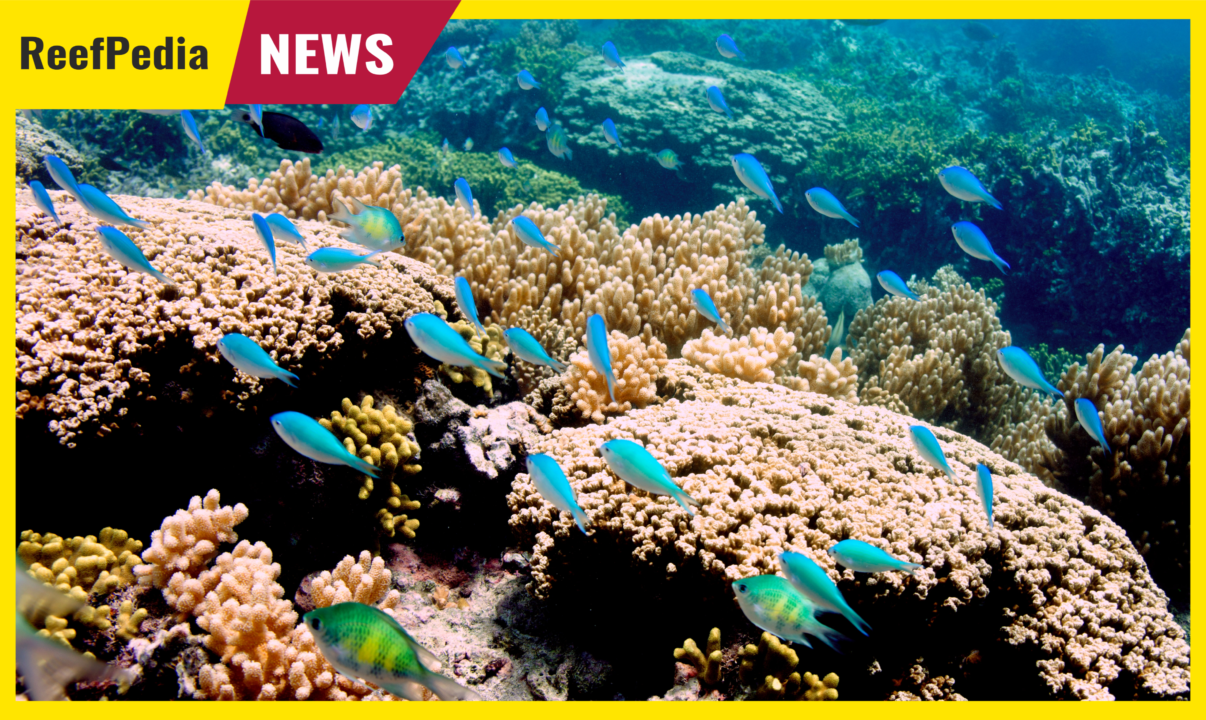Artificial reefs play a crucial role in protecting the marine environment by providing shelter for many marine species. These man-made structures are designed to mimic the functions of natural reefs, offering habitats, shelters, and feeding grounds for various marine organisms. Built from a variety of materials, including metals and plastics, these reefs become living ecosystems teeming with life.
One of the main purposes of artificial reefs is to alleviate the pressure on natural reefs, which are increasingly threatened by human activity. By providing alternative locations for activities such as fishing and diving, these artificial constructions not only provide a habitat for many species of marine organisms but also help divert attention from the over-exploited natural reefs. The presence of artificial reefs has significantly reduced illegal fishing activities at sea, as complex structures can damage fishing nets, thereby discouraging such activities.
Artificial reefs also contribute to supporting the local economy. As they attract diverse forms of marine life, they become tourist attractions, especially for diving enthusiasts and snorkelers. An increase in tourist visits leads to increased revenue for local communities, further justifying investments in these underwater artificial habitats.
Although artificial reefs are abundant in life and often difficult to distinguish from their natural counterparts, it is important to remember that they are the result of human activity. These structures are deliberately designed to integrate harmoniously into the marine environment, often becoming difficult to distinguish from natural reefs over time. Such integration is achieved by carefully mimicking the physical and ecological features of natural reefs, which promotes marine life richness and helps in the restoration of marine habitats.
Around the world, various countries have adopted the practice of using artificial reefs to improve the marine environment. Locations such as Venezuela, the Philippines, and the United States have implemented these structures to increase local marine species and create new fishing grounds. Strategic placement of artificial reefs can lead to the development of new fish species, contributing to the restoration of coral reef life and ecological balance.
However, it is important to note that artificial reefs are not without challenges. They must be built and maintained with caution to avoid potential hazards, such as the use of toxic materials or structures that could pose a danger to marine life and divers. For example, shipwrecks are often used as artificial reefs, but they must be properly prepared and cleaned of hazardous substances to prevent ecological damage.
In summary, although artificial reefs bring significant benefits to marine life and the local economy, they supplement rather than replace natural reefs. Effective management and careful planning are essential to maximize their positive impacts while minimizing potential risks to the environment. As interest in protecting the marine environment grows, continued research and investment in artificial reefs can be expected, underscoring their importance in global efforts to protect and restore the marine environment.
About the author

Grzegorz Bubak
My fascination with marine aquariums began over two decades ago when I stumbled upon an article about this topic in a magazine. Since then, the underwater world has become my obsession and passion, shaping my everyday life. I started my adventure with marine aquariums with soft corals, which were my first step into this fascinating world. Over time, captivated by the diversity and beauty of SPS corals, I decided to focus on their cultivation, which continues to fill me with constant wonder.
Thanks to my experience and passion for marine aquariums, I am ready to share my knowledge and expertise with other enthusiasts in this field. I am happy to be part of the Reef Pedia community, which serves as an invaluable source of information for all marine aquarium lovers.

